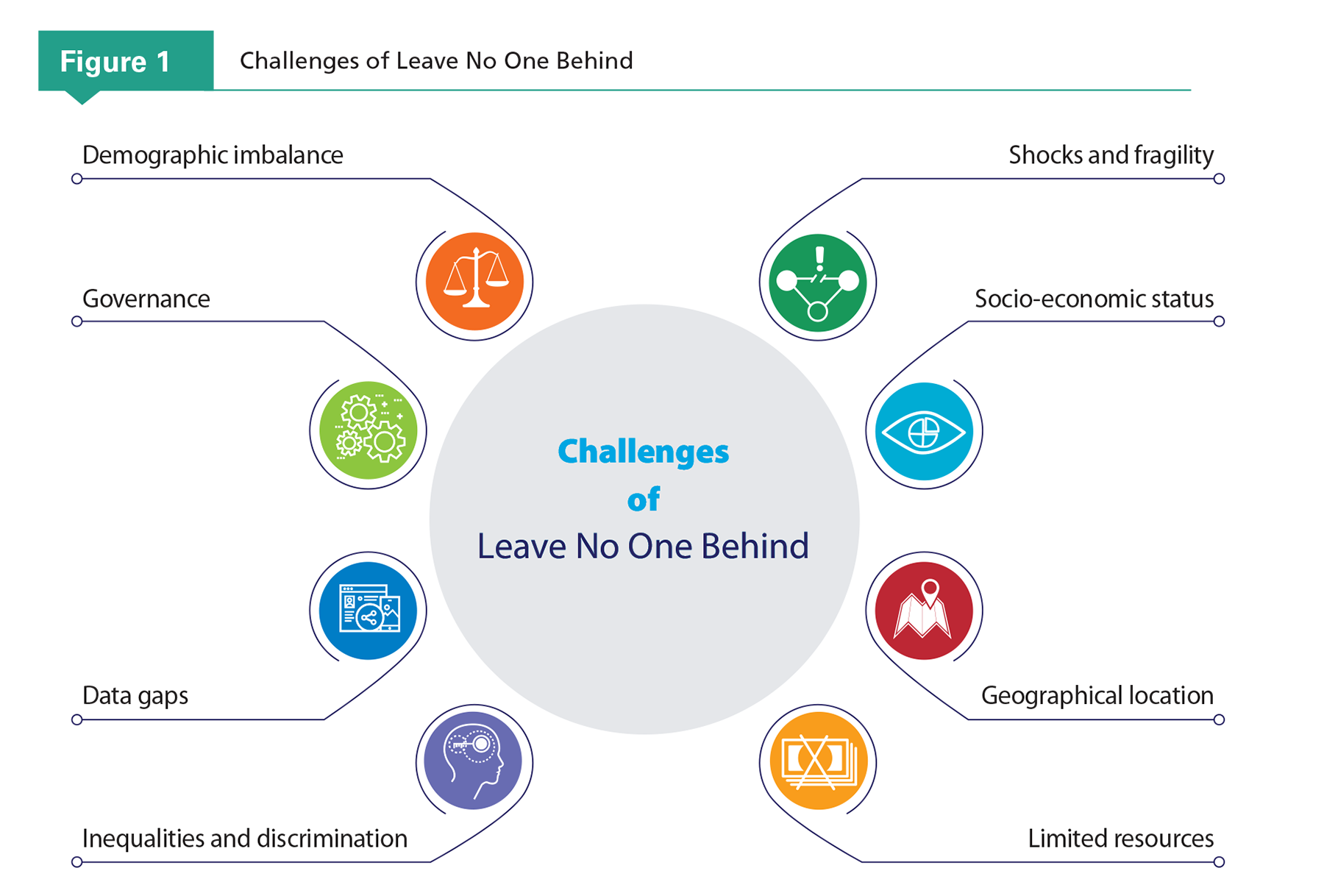Social inequalities demand a Shared Value reset
If the impact of COVID-19 is not contained in 2021, an additional 59 million people could slip into extreme poverty this year, bringing the total number of extremely poor Africans to 514 million people. Then again, even without any pandemic, Africa remains afflicted by entrenched poverty and rising inequality.
Before COVID-19, income disparities were on the rise across the region; and while extreme poverty had almost vanished in North Africa, more than 50% of the population in Central Africa lived below the extreme poverty line, according to the Economic Commission for Africa (ECA). About nine out of ten extremely poor people in the world currently live in Africa, and the ECA warns that COVID19 will push an additional 5 to 29 million below the extreme poverty line.
Not surprisingly then that COVID-19 has been labelled the inequality virus, due to its potential to lead to an increase in inequality in almost every country – exposing, feeding off and increasing existing inequalities of wealth, gender and race.
According to the World Bank’s preliminary calculations, the economic output in sub-Saharan Africa shrank by 3.7% in 2020. In fact, the Oxfam report predicts that the pandemic’s economic impact could set back Africa’s fight against poverty in some areas by 30 years.
The economic gender gap has widened too, as women have disproportionally lost work, and had lower social protection coverage. With school closures and a move towards digital education, many have had to juggle – or choose between – work and childcare, without supportive government and workplace policies to mitigate the impact.
However, long before the pandemic, inequality between and within countries had been a key impediment to sustainable development and social justice. This is undoubtedly true for Africa, which is home to 10 of the 20 most unequal countries in the globe, with the gap between rich and poor is greater than in any other region of the world apart from Latin America.
Consider this: Africa’s three richest billionaire men have more wealth than the poorest 650 million people (50% of the population) across the continent. Actually, the current net worth of Africa’s top billionaire is more than double the estimated at $4.5 billion needed in 2021 to cover the cost of lifting the newly extreme poor to the $1.90 per day poverty line – about $90.7 million on average per country. In this context, the prospects of achieving the Sustainable Development Goals and Agenda 2063 are severely diminished.
Even more frightening is World Bank estimates that by 2030, 87% of the world’s extreme poor will be in Africa and, according to UNCTAD, African countries will need at least US$200 billion to cope with the socio-economic costs of the COVID-19 pandemic, in addition to emergency health spending.
The stark reality, even without COVID-19, is that Africa remains afflicted by entrenched poverty and alarmingly high and rising inequality. If we are to turn the tide, the continent must stand together and deliver on the promise made six years ago – when 193 countries committed to reduce inequalities, including a target to ensure equal opportunity as part of the United Nations’ Sustainable Development Goals (SDGs).
On the upside, according to the latest Africa SDG Index and Dashboards Report, African governments have made significant efforts to endorse the SDGs and incorporate them into national strategies and development plans.
On the downside, all African countries are currently struggling to tackle all kinds of inequalities and the goals that are currently facing the greatest challenges are SDG 3 (good health and wellbeing), SDG 2 (zero hunger), and SDG 1 (no poverty). In particular, delivering on the principle of leaving no one behind remains a challenge with a number of intersecting factors that hinder the continent’s ability to achieve the 2030 Agenda (as summarised below).

Agenda 2030 is not just a list of 17 lofty goals. It is a carefully crafted plan of action for people, planet and prosperity, which identifies and seeks to address the main drivers of social inequality and their implications for sustainable development.
The need for regional unity, economic integration and unlocking the promise of the African Continental Free Trade Agreement has never been more important, especially for African businesses. As noted in the Foresight Africa 2021 Report, “Africa with more open economic boundaries will not only decrease the region’s reliance on the global economy and enhance the economic prospects of her people, but also facilitate access to important goods and services to make its citizens healthier and more prosperous.”
The report proposes a novel approach to the woes brought about by COVID-19, suggesting that Africa’s policymakers can approach the pandemic as an opportunity for a “great reset” of their economies so that they can grow back stronger than ever before.
We would take this a step further and call for an African reset founded on the principles of Shared Value, combining positive impact and profit by creating economic value and societal value at the same time. Only then can we deliver on a vision of hope and possibility across society as a whole.
In fact, Shared Value is the ideal business model to deliver on Agenda 2030 and support the realisation of SDGs, in solving the world’s societal and environmental problems. It is characterised by profit with purpose, which argues that doing well and doing good are not mutually exclusive.
With less than ten years left to go, it will be up to Africa’s business leadership to rise to the challenge, and shift both strategy and mindset from negative impact avoidance towards positive impact creation.
FOOTNOTE
On 10 March, the UN Economic and Social Commission for Asia and the Pacific (ESCAP) launched a new tool to enable countries to assess their own progress. Using the ‘National SDG Tracker,’ governments can produce visual, graphical snapshots of progress towards the SDGs and targets




